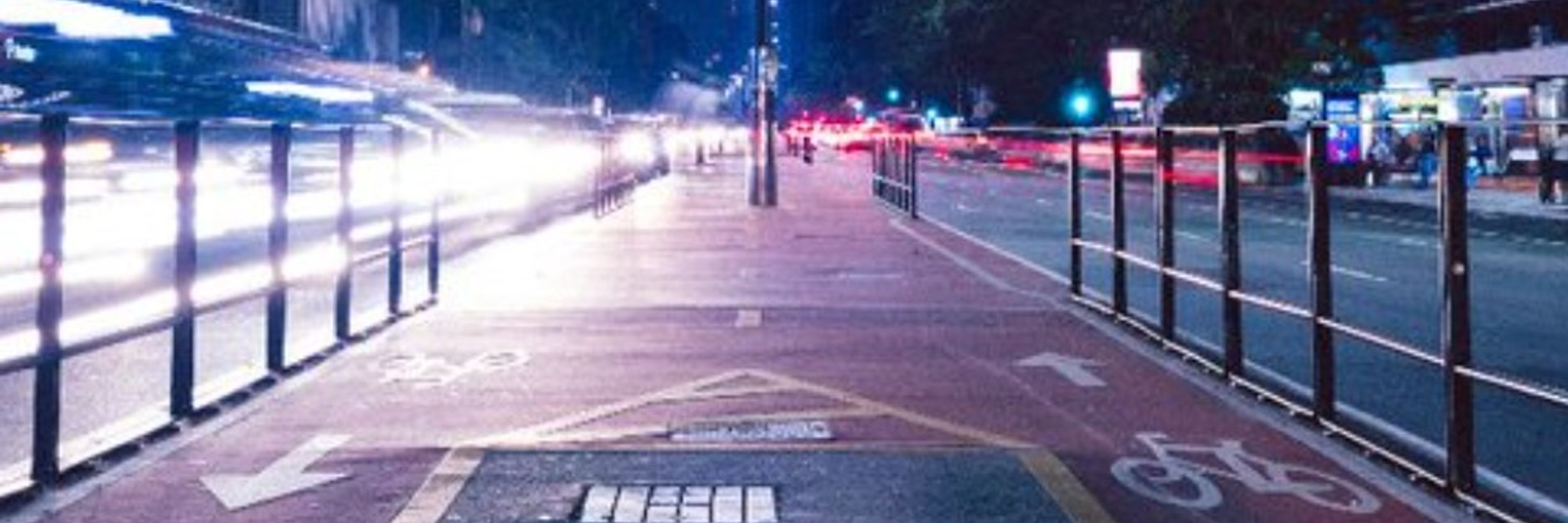David Zipper
@davidzipper.bsky.social
23K followers
350 following
10K posts
Senior Fellow @ MIT Mobility Initiative & Contributing Writer @ Vox, focused on transport, cities and tech. Words in Atlantic, CityLab, WaPo, etc. https://linktr.ee/davidzipper
Newsletter, speaking and advisory work: http://davidzipper.com
Posts
Media
Videos
Starter Packs
Reposted by David Zipper
Reposted by David Zipper
Reposted by David Zipper
Reposted by David Zipper
Reposted by David Zipper
Reposted by David Zipper


















